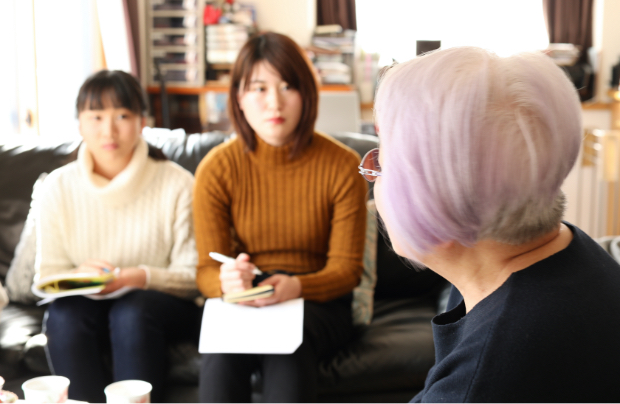HIROSHIMA memory keepers Succeed to history
Vol. 10 2017.7.22 up
I’ll convey survivors’ A-bomb experiences not in their copied words but in my own words by understanding their spirits, so that my words will stay in the minds of the next generation.
Sachiko Nishioka
A-bomb Legacy Successor Training Program trainee
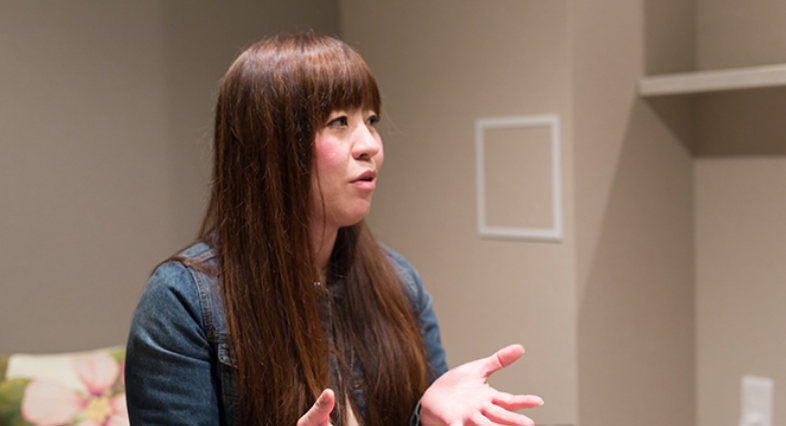
Sachiko Nishioka joined volunteer activities after the Great East Japan Earthquake in 2011.
That experience made her participate in the A-bomb Legacy Successor Training Program. We asked her what made her decide to join the A-bomb Legacy Successors and what she hopes to convey.
◆Training for A-bomb Legacy Successors
Because A-bomb survivors are getting old, this three-year program is aimed at training a younger generation to convey survivors’ experiences and their hopes for peace.
https://www.city.hiroshima.lg.jp/site/atomicbomb-peace/10164.html
Section
What made her join the A-bomb Legacy Successors Training Program
Would you tell us what made you join the A-bomb Legacy Successors Training Program?

I have always been interested in volunteer activities.
When I was a junior high school student, the Great Hanshin-Awaji Earthquake happened.
From that time, I wanted to participate in volunteer activities, but I didn’t put this idea into action.

I became an adult, got married, and had children. While I was watching TV in 2011, the Great East Japan Earthquake happened.
At that time, I went to Ishinomaki to join a volunteer activity, which was my great turning point.
Did you decide to participate in volunteer activities more actively after your experience in Ishinomaki?

Volunteer activities give me valuable opportunities for me to notice how grateful it is to live in peace and quiet every day.
Living a tranquil life should not be taken for granted, but canbe realized by many people’s support. I realize this more and more strongly whenever I join a volunteer activity.
I have participated in volunteer activities regularly not to forget this idea.

Based on my volunteer experience in Ishinomaki and my primary interest in the A-bombing, when I heard about the recruitment of the second round of trainees, I decided to join the training for A-bomb Legacy Successors.
The impression after taking the program
May I ask what your impression was after actually taking the program?
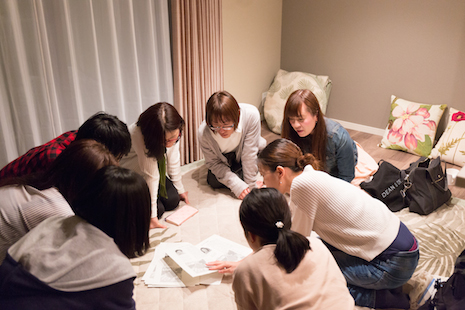
In the first year, I just concentrated on listening to survivors. From the second year, I did fieldwork and asked cont-ttl-qs of survivors other than those I had chosen.
Compared with just listening to them, the fieldwork gave me quite a different understanding and feeling.
While listening to survivors, I actually walked around the places in their stories and felt the atmosphere. This helped me to visualize the realistic scenery of those days.
What do you think are important things to do when you pass down the survivors' experiences?

I think it is important for the A-bomb Legacy Successors to convey the survivors’ experiences not in their copied words but in our own words by understanding their spirits, so that our words will stay in the minds of the next generation.

I also think that it is important to convey their A-bomb stories with objectivity in a matter-of- fact way, without adding much of our emotions.
What messages she wants to convey
What messages do you want to convey?
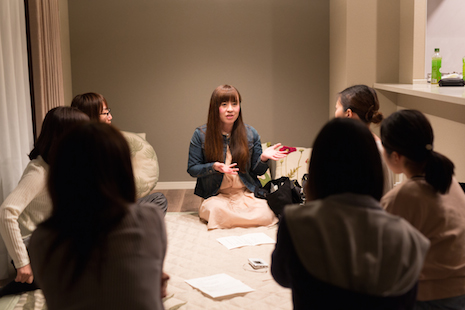
I’d like you to take an action when you have an interest in something rather than to hold back from acting, feeling that you would be too deeply responsible.
I think that we, A-bomb Legacy Successors, have a great responsibility to speak out representing survivors, since Hiroshima city gives us authorization to speak for them.
When I decided to participate in this training program, my mother and her friends said to me, “If I was in your place, I could not do this. The responsibility is too heavy.”
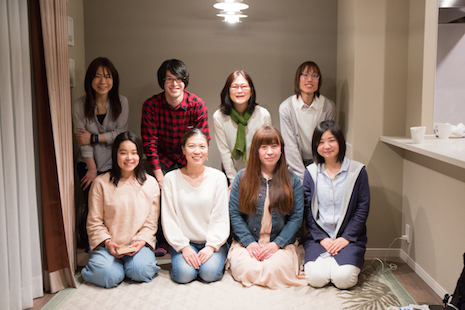
I think it is important to be interested in what happened in Hiroshima and convey it, instead of hesitating to step forward, like participants in the A-bomb Legacy Successors, peace volunteers and participants in your group do.
There may be people who will begin to take action when they encounter these activities.
I think that each of our small activities is meaningful and worthy.
I want to convey that we should protect the valuable peace that our ancestors have built risking their lives, surviving war.
Thank you very much.
Interviewed on June 2017.
About
"Interviews with HIROSHIMA memory keepers" is a part of project that Hiroshima「」– 3rd Generation Exhibition: Succeeding to History
We have recorded interviews with A-bomb survivors, A-bomb Legacy Successors, and peace volunteers since 2015.
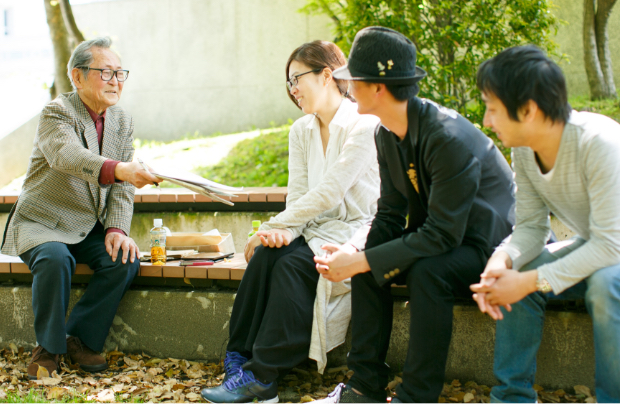
What are Hiroshima memory keepers feeling now, and what are they trying to pass on?
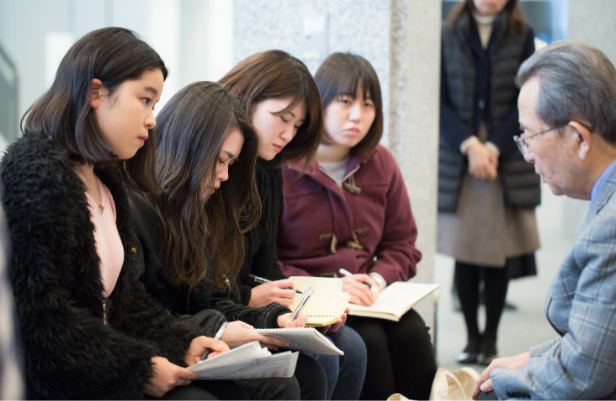
What can we learn from the bombing of Hiroshima? What messages can we convey to the next generation? Please share your ideas.
